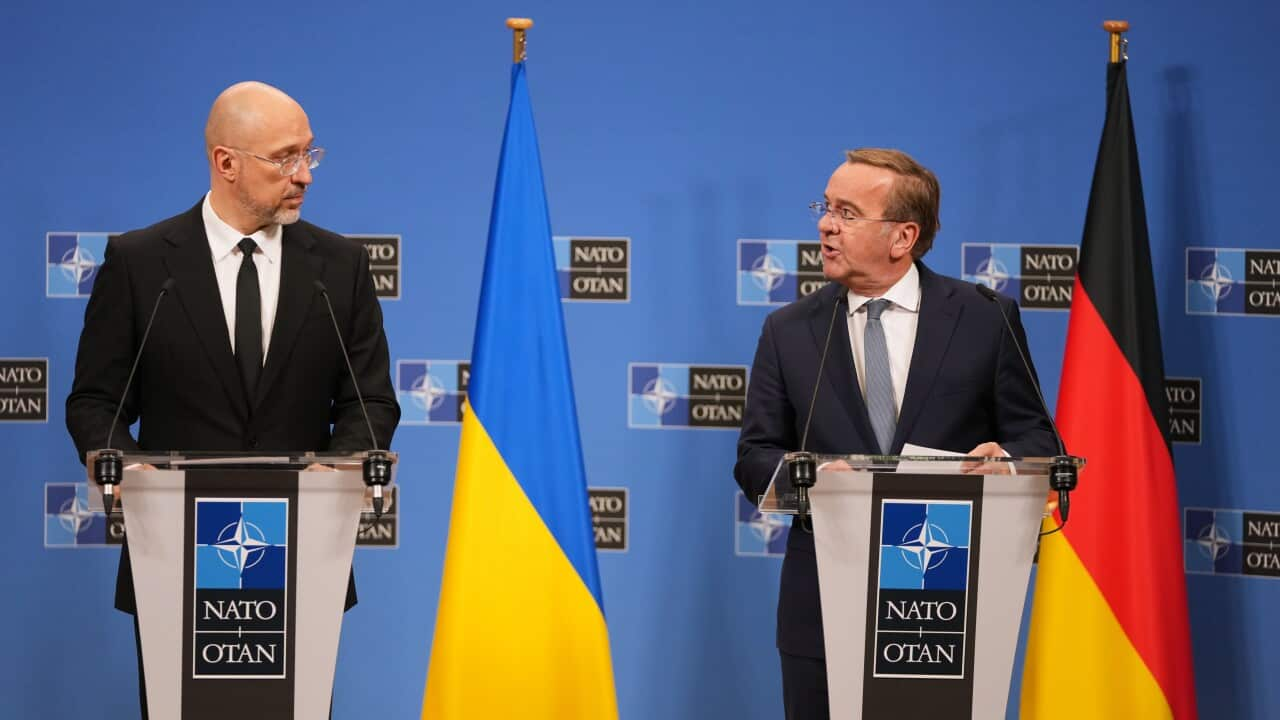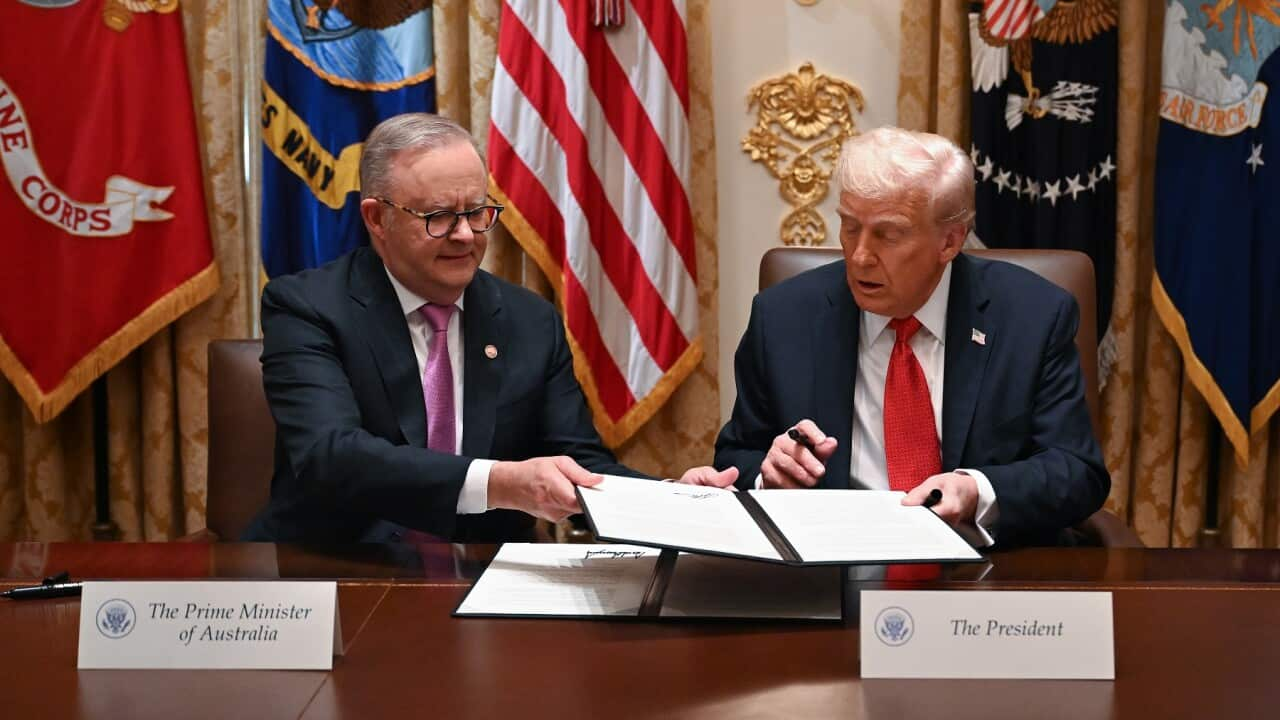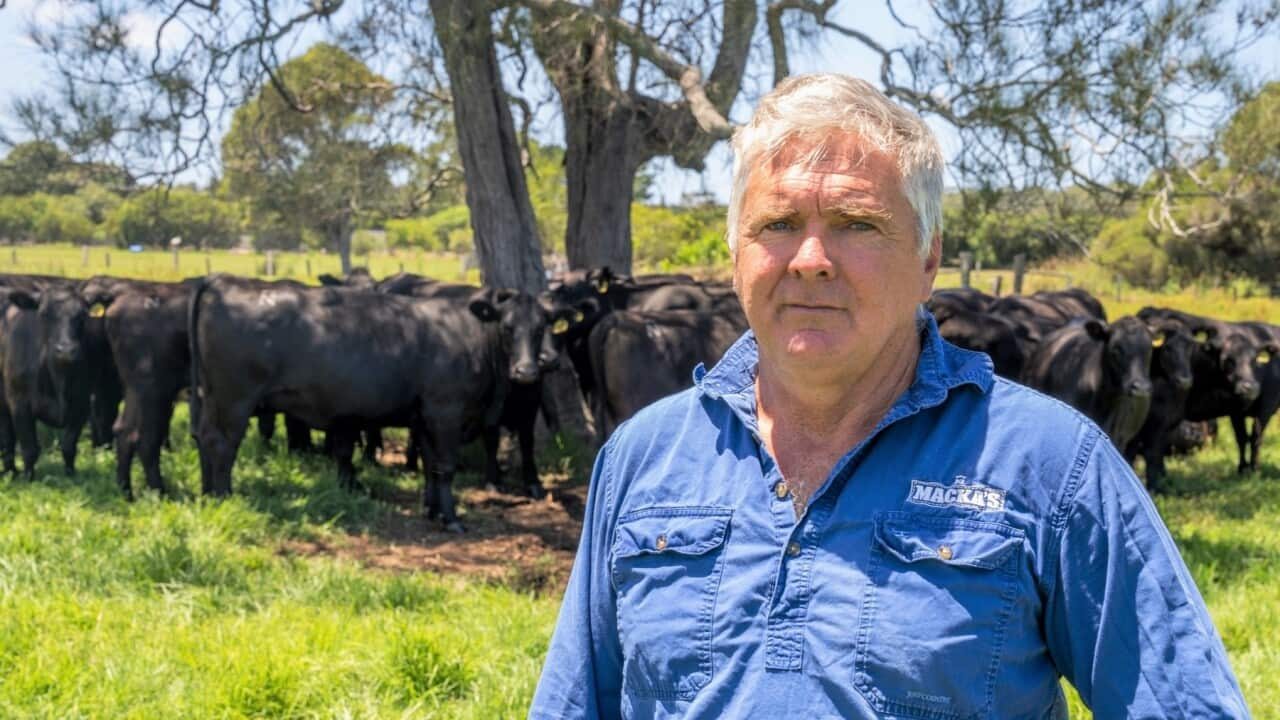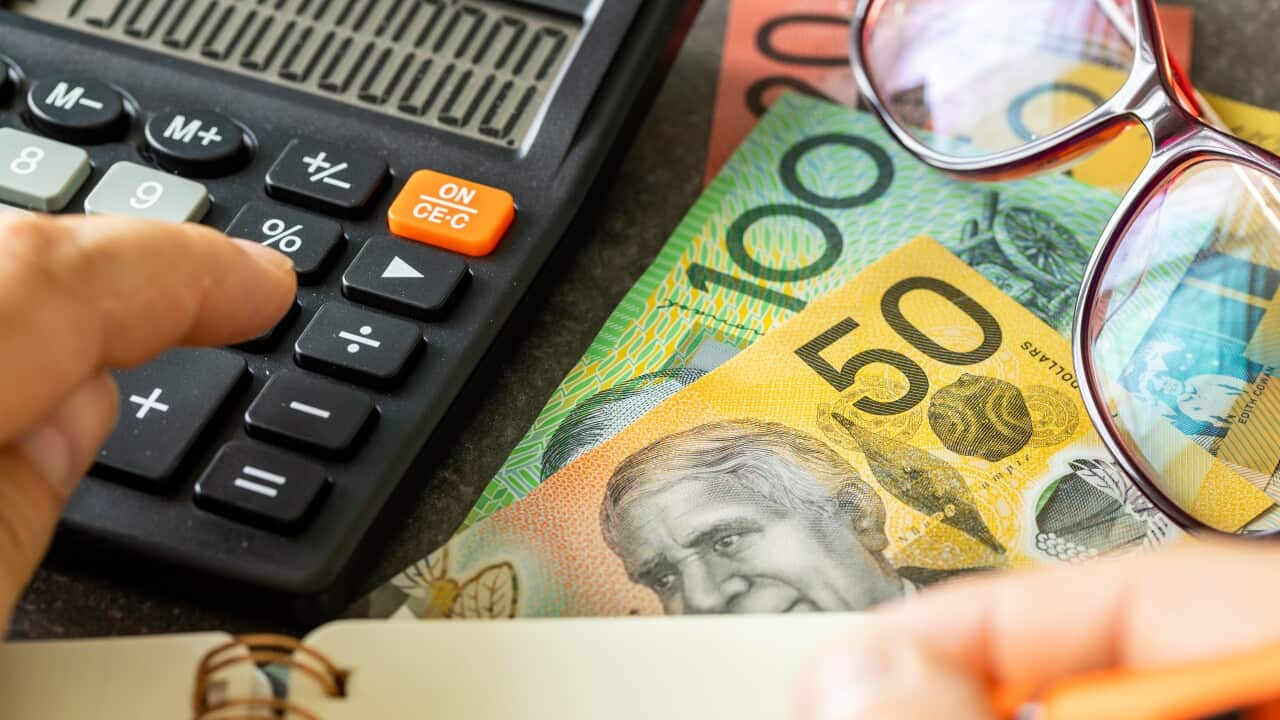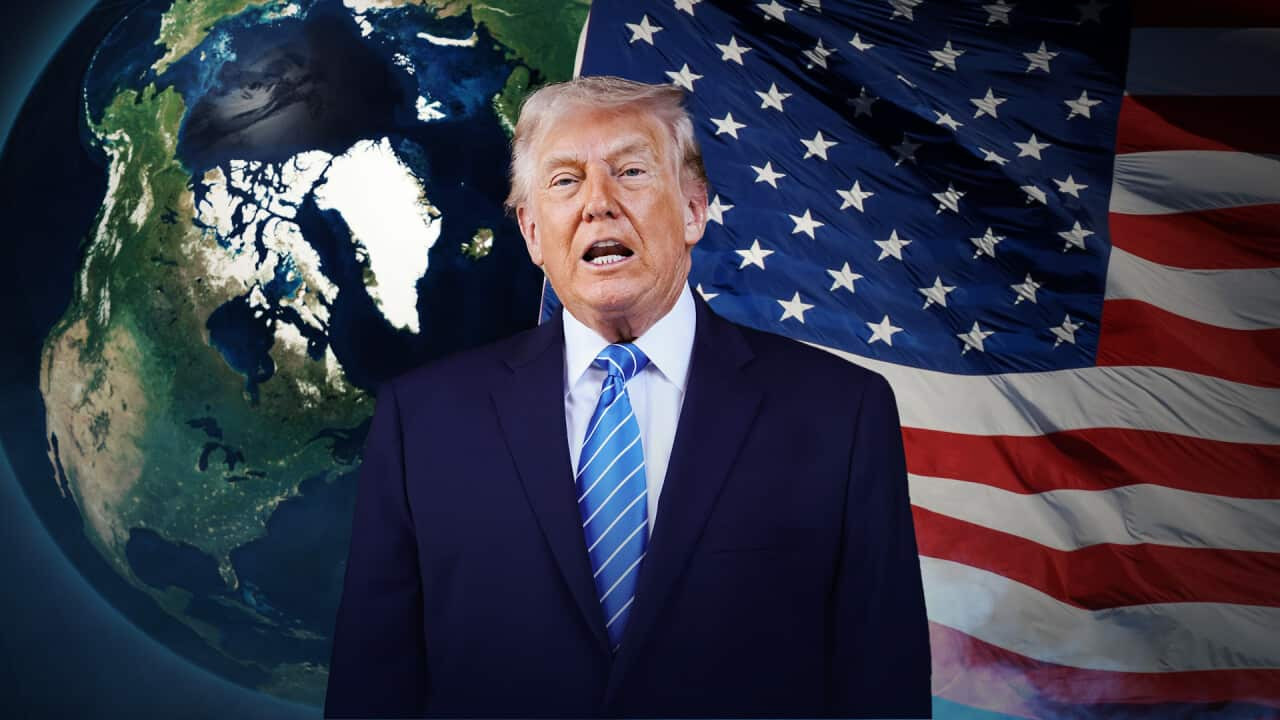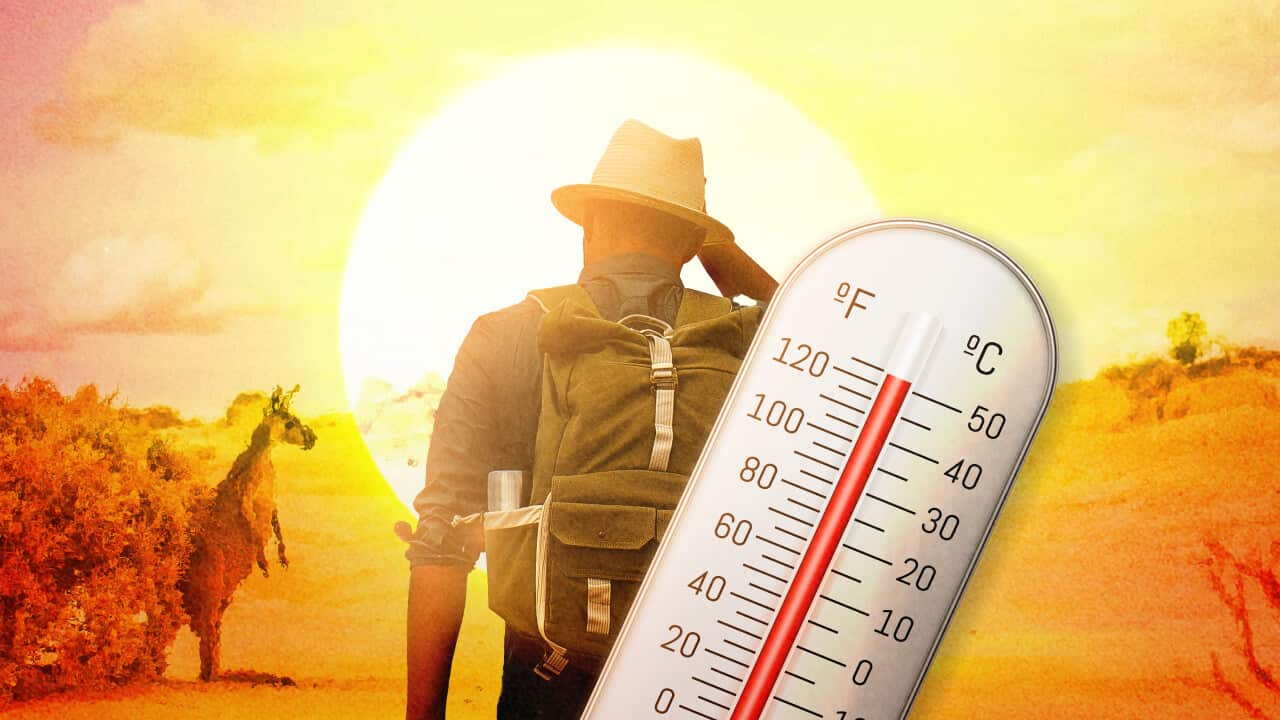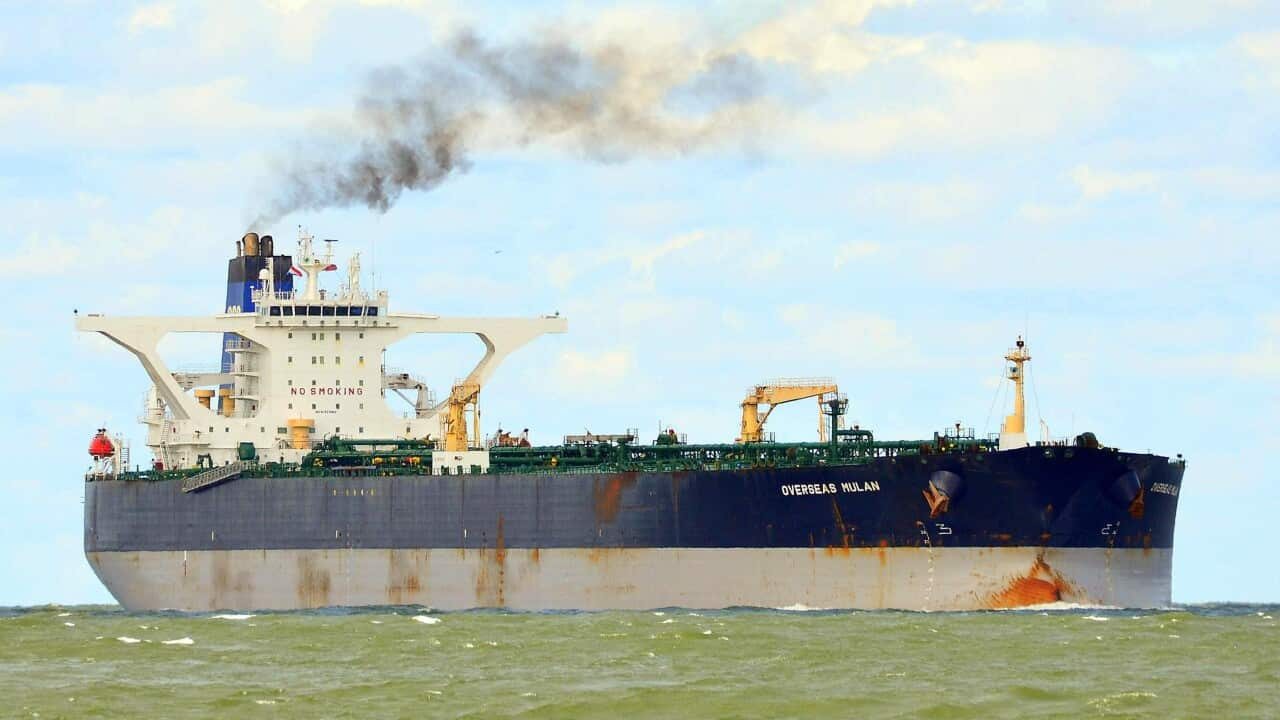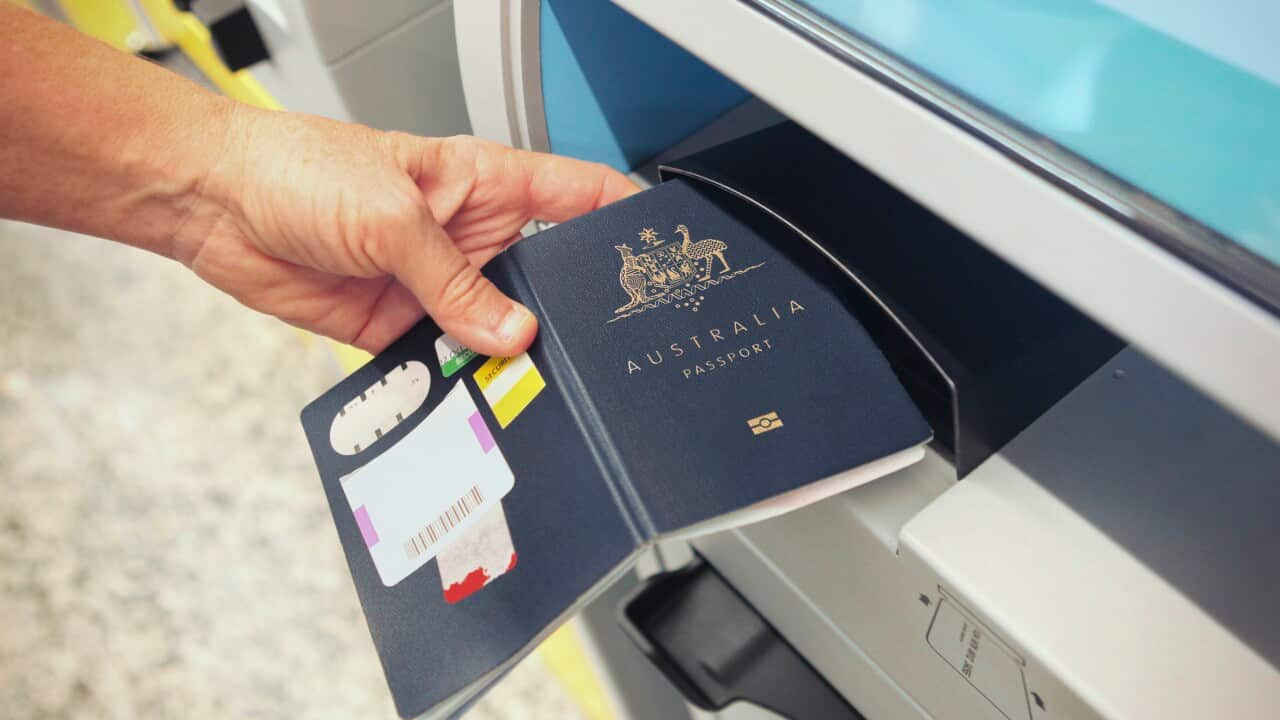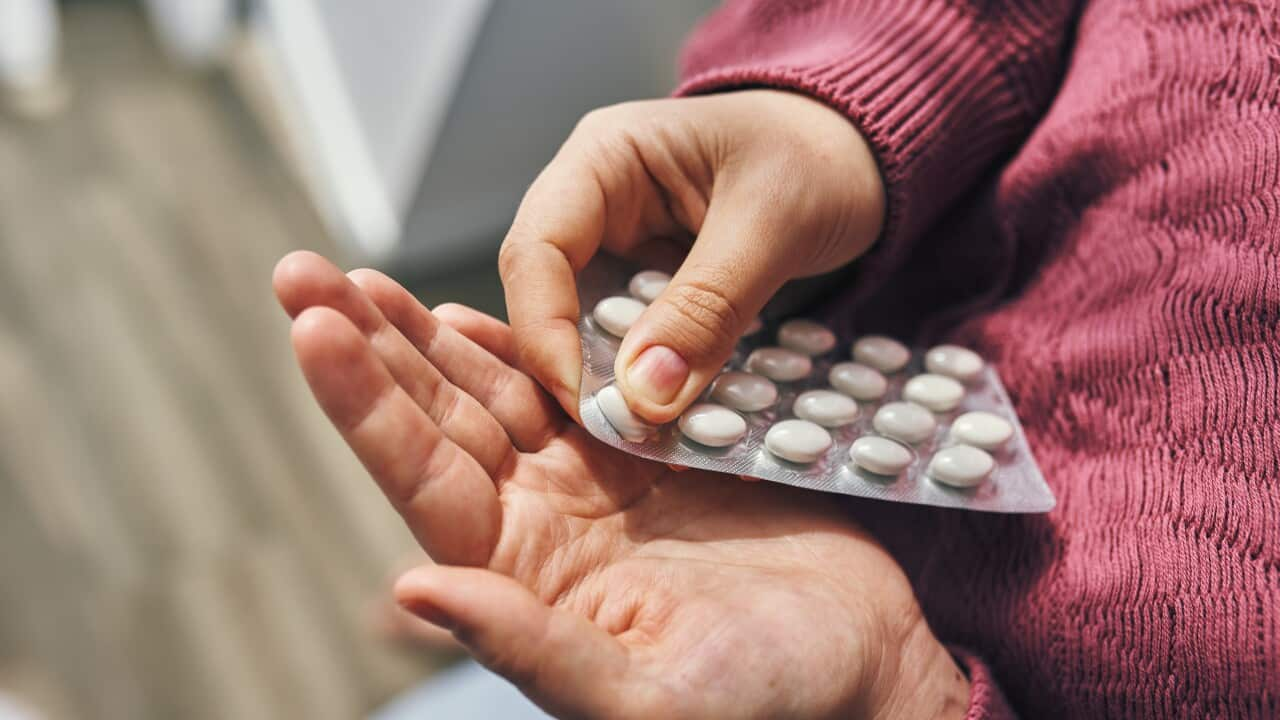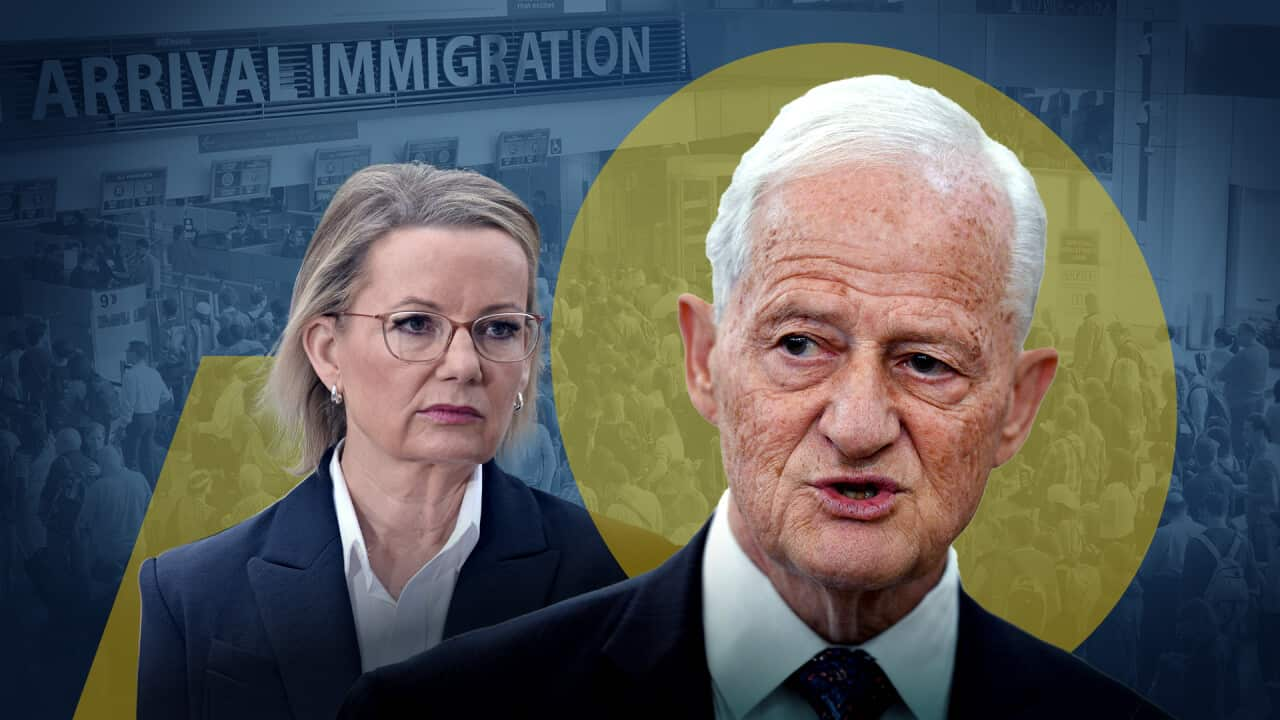Listen to Australian and world news, and follow trending topics with SBS News Podcasts.
TRANSCRIPT
Germany and NATO allies have met in Brussels, Belgium, pledging multi-billion-euro support to bolster Ukraine’s defences as the war enters its fourth winter.
At the centre of the meeting was Germany’s Defence Minister Boris Pistorius, who announced a fresh $3.6 billion package under the Prioritised Ukraine Requirements List (PURL).
This includes a $768 million [[US$500 million]] tranche of US weapons, covering air-defence systems, Patriot interceptors, radars, guided artillery, rockets, and ammunition.
"You can count on Germany. We will continue and expand our support for Ukraine. With new contracts, Germany will provide additional support amounting to over 2 billion euros. This will include a PURL (Prioritised Ukraine Requirements List) package totalling 500 million US dollars. The package addresses a number of urgent requirements of Ukraine. It provides air defense systems, Patriot interceptors, radar systems, and precision-guided artillery, rockets, and ammunition."
Ukraine’s Defence Minister Denys Shmyhal says Kyiv’s needs for 2026 will reach $184 billion, half of which must come from international partners.
He urged allies to contribute at least 0.25 per cent of GDP to military support for Ukraine.
"As Russia's air terror continues, we also urgently need additional interceptors this winter, including air defence systems and both surface-to-air and air-launched guided missiles for NASAM's IRST and F-16 platforms. In September alone, they launched over 5,600 strike drones and more than 180 missiles, targeting our civilian infrastructure and people. Therefore, on the eve of winter, it is very critical to provide us with necessary equipment to repel such attacks."
Speaking at the same meeting, US Secretary of War Pete Hegseth says words must be followed by action.
"All countries need to translate goals into guns, commitments into capabilities, and pledges into power. That's all that matters. Hard power. It's the only thing belligerents actually respect. Your continued investment in leadership are vital to helping Ukraine defend itself and to bring an end to this conflict. Peace though strength."
Aid to Ukraine fell 43 per cent in July and August despite Sweden, Estonia and Finland boosting PURL contributions.
Yet Germany says its commitment is firm, planning to invest $18 billion in drones and to lead a new European air-defence shield following several alleged Russian incursions into NATO airspace.
Former NATO Deputy Secretary-General Rose Gottemoeller blames Washington for the drop in funding.
"I think we're seeing the cost of the U-S really dropping its assistance programmes to Ukraine now … The United States gave the vast amount of military assistance to Ukraine under the Biden administration, and President Trump is simply not willing to do that anymore."
Ms Gottemoeller who served as NATO's deputy between 2016 and 2019, nonetheless praised the Alliance’s response to Russian incursions into NATO airspace.
"I have been very proud of the way NATO has been responding to the air incursions and pulling together capabilities and forces from across the alliance in order to be able to respond as they have in, for example, Baltic air policing now for many years, repelling incursions by Russian aircraft. So I've been proud about how they've responded, but the question now is, do they have the right capabilities? And Ukraine is showing the way and the necessity of defending against drones. And so of course, all eyes are on Ukraine and whether Ukraine can help NATO to learn about how to defend against drones."
Meanwhile, inside Russia’s occupied territories, the strain of war is showing.
Crimea is facing fuel shortages, with Sevastopol residents reporting rationing and patchy supplies.
Artur Khisamov is among those waiting at the petrol pump.
"Of course, there are problems with gasoline, and they were very serious before. But today, for example, if you take one network of gas stations, it's available everywhere, while another has none at all. But it is possible to refuel."
Authorities in Crimea have now frozen fuel prices and capped sales at 30 litres per person, while Moscow has halted petrol exports to safeguard supplies.
The shortages stem from Ukrainian drone and missile strikes that have crippled refineries, leaving nearly 40 per cent of capacity offline.
Russia has scrapped import tariffs and turned to Belarus for fuel, though analysts call it a short-term fix.
Meanwhile in Washington, President Donald Trump has renewed his criticism of Vladimir Putin.
"Look, I'm very disappointed because Vladimir and I had a very good relationship, probably still do. I don't know why he continues with this war. This war has been so bad for him. He's going into four years of a war that should have beaten, he should have won that war in one week. He's now going to soon be into his fourth year. He has lost a million and a half soldiers probably, close. Certainly in terms of wounded and no legs and no arms and all the things that happened in horrible wars. It's a horrible war."
He accuses the Russian president of prolonging the war and mismanaging Russia’s economy.
e's got to really settle this war. And you know they have long lines waiting for gasoline in Russia right now, right? They have long line. Who thought that was going to happen? And all of a sudden his economy is going to collapse. And I'd like to see him do well. I mean, I had a very good relationship with Vladimir Putin, but he just doesn't want to end that war, and I think it's making him look very bad. He could end it. He could ended quickly."
Moscow has rejected Mr Trump's remarks.
Ukraine’s President Volodymyr Zelenskyy is expected to meet President Trump in Washington this week to seek further US support for air-defence systems and long-range weapons, including Tomahawk missiles.
